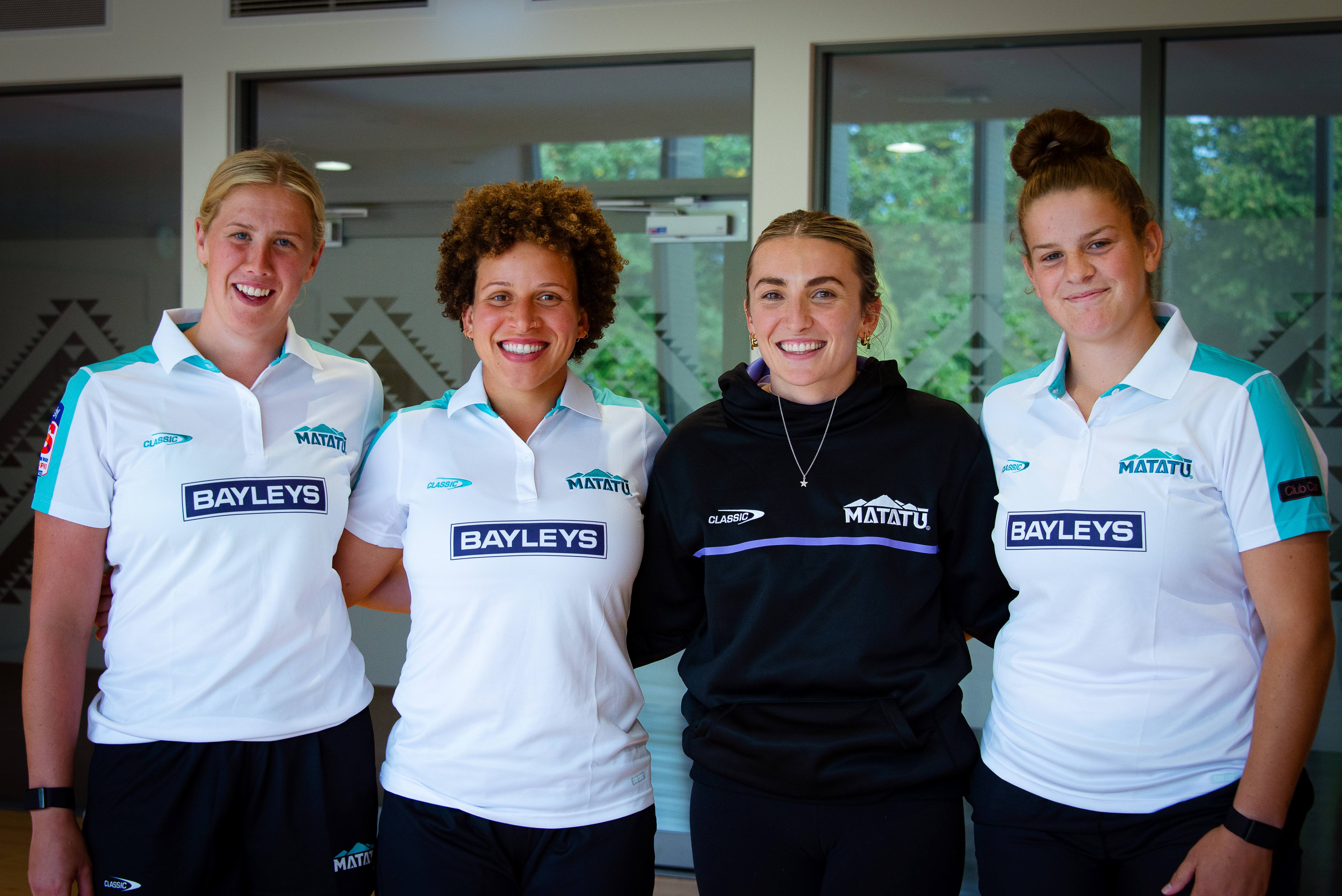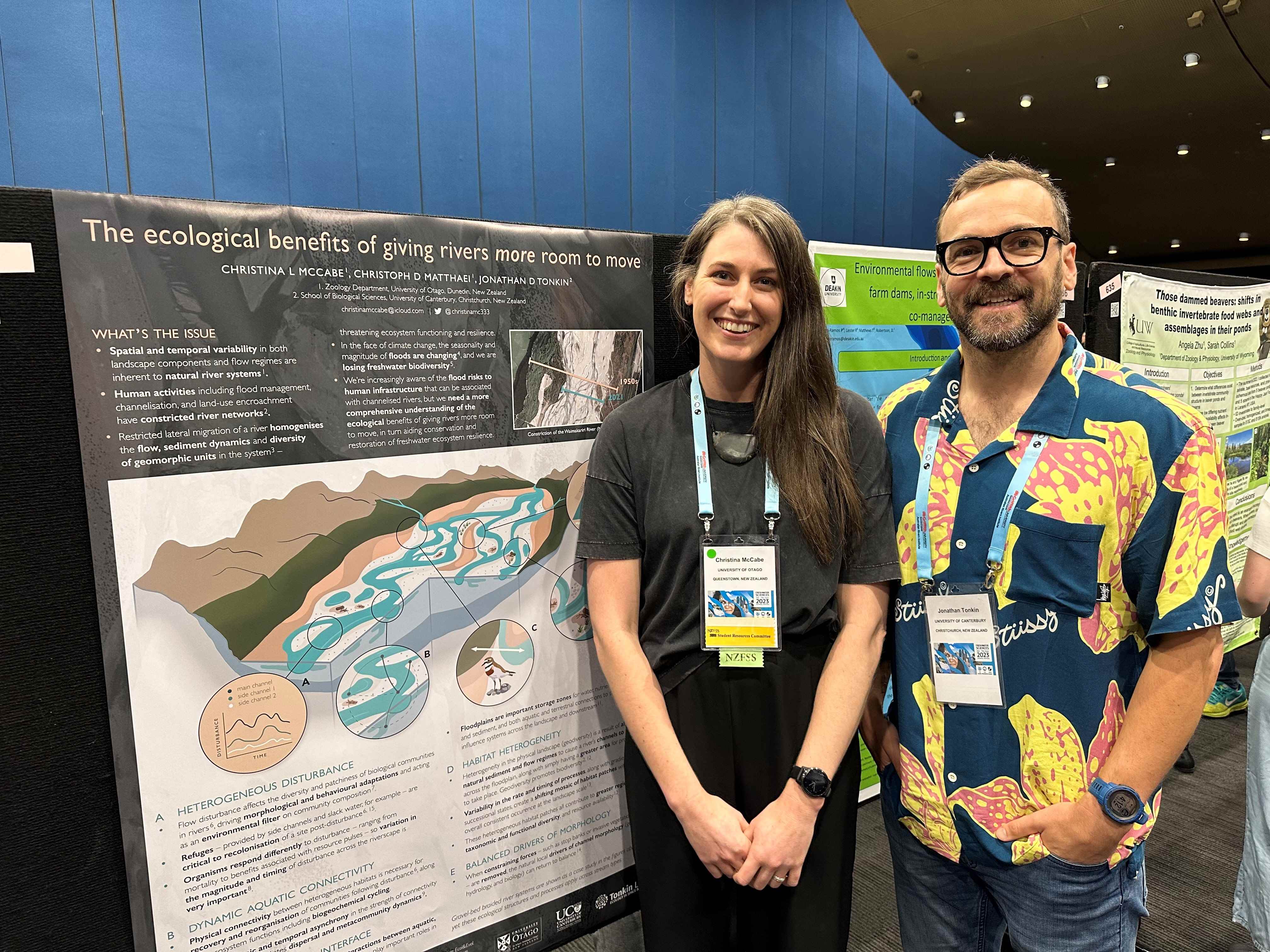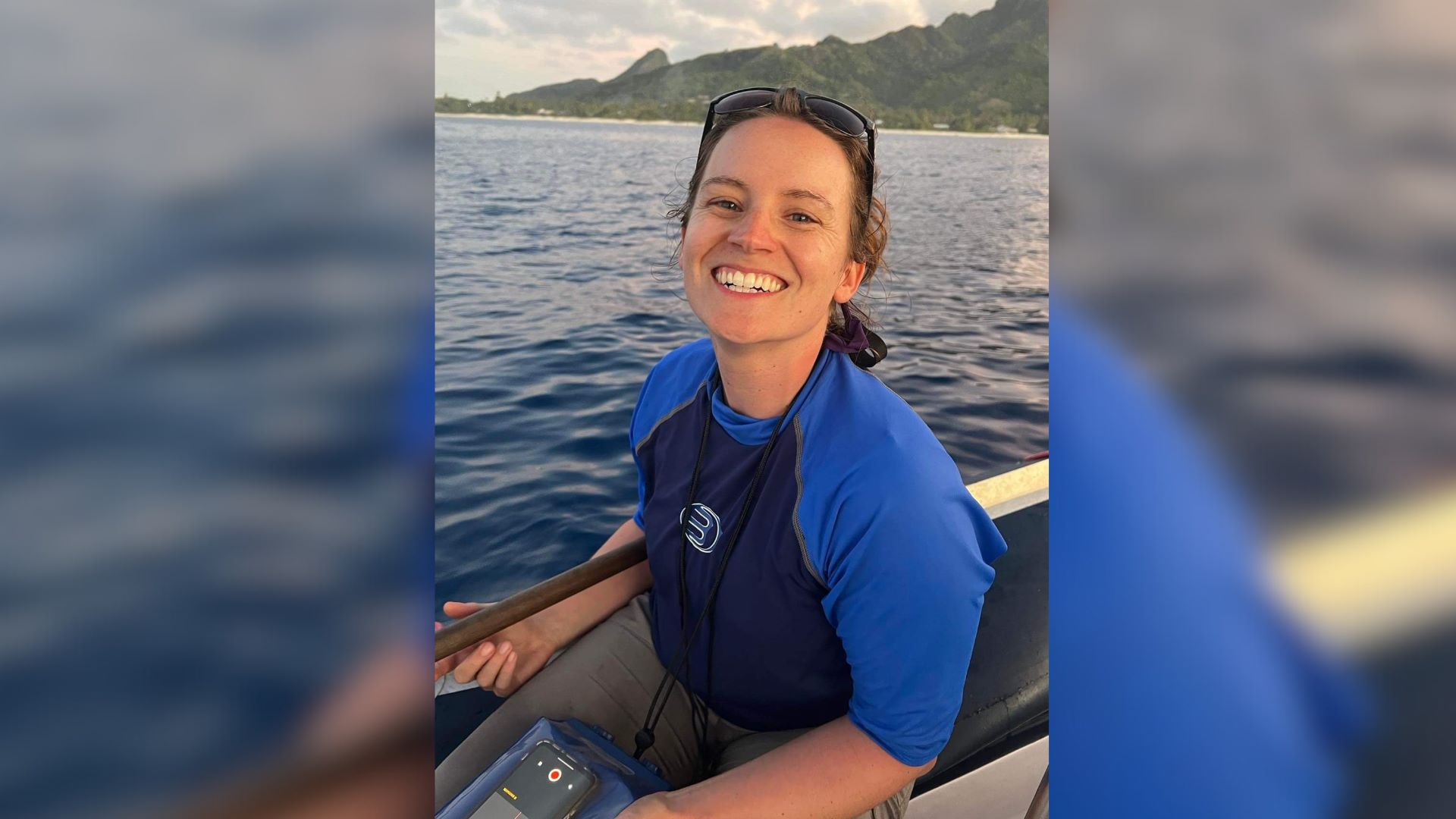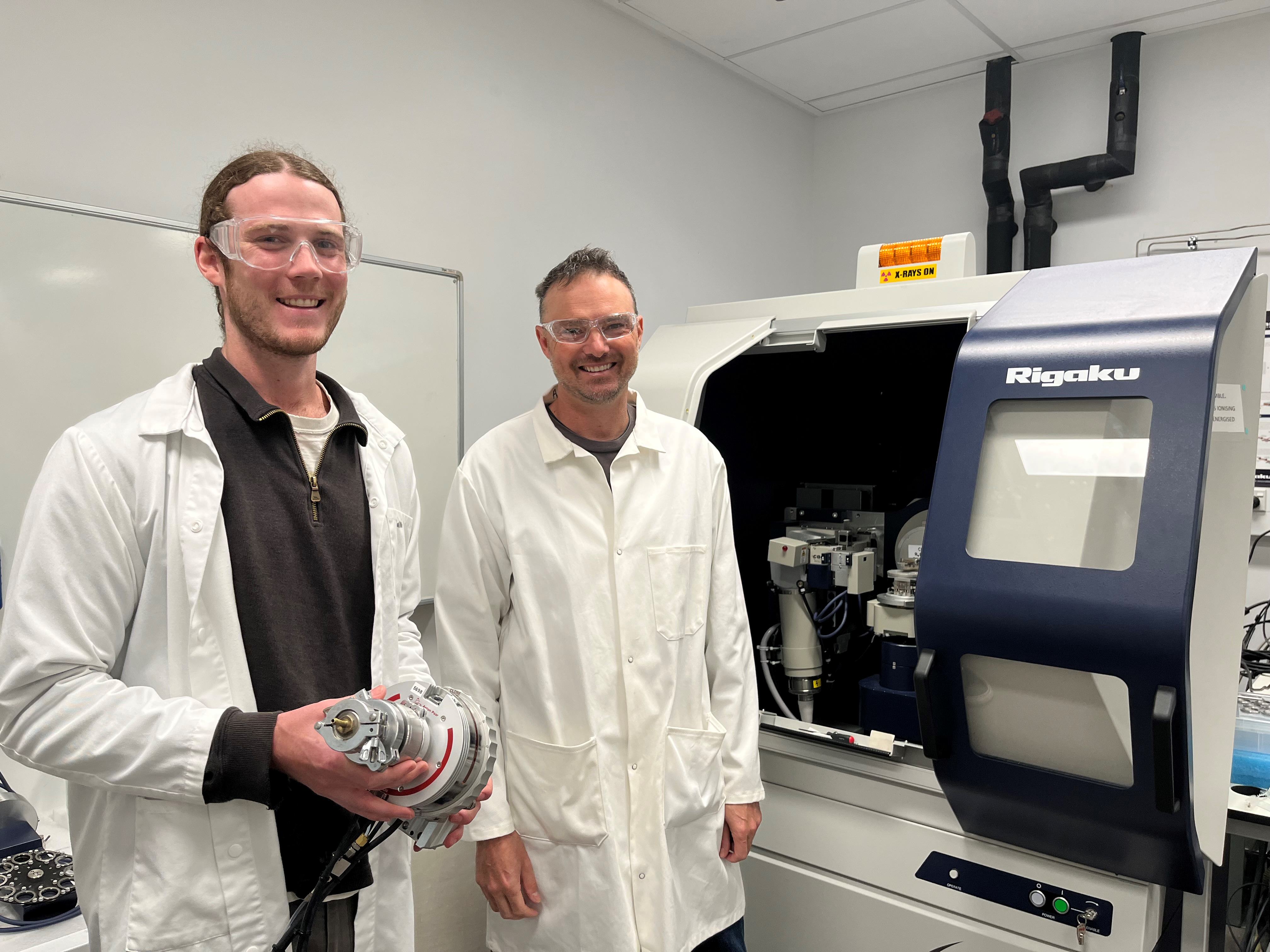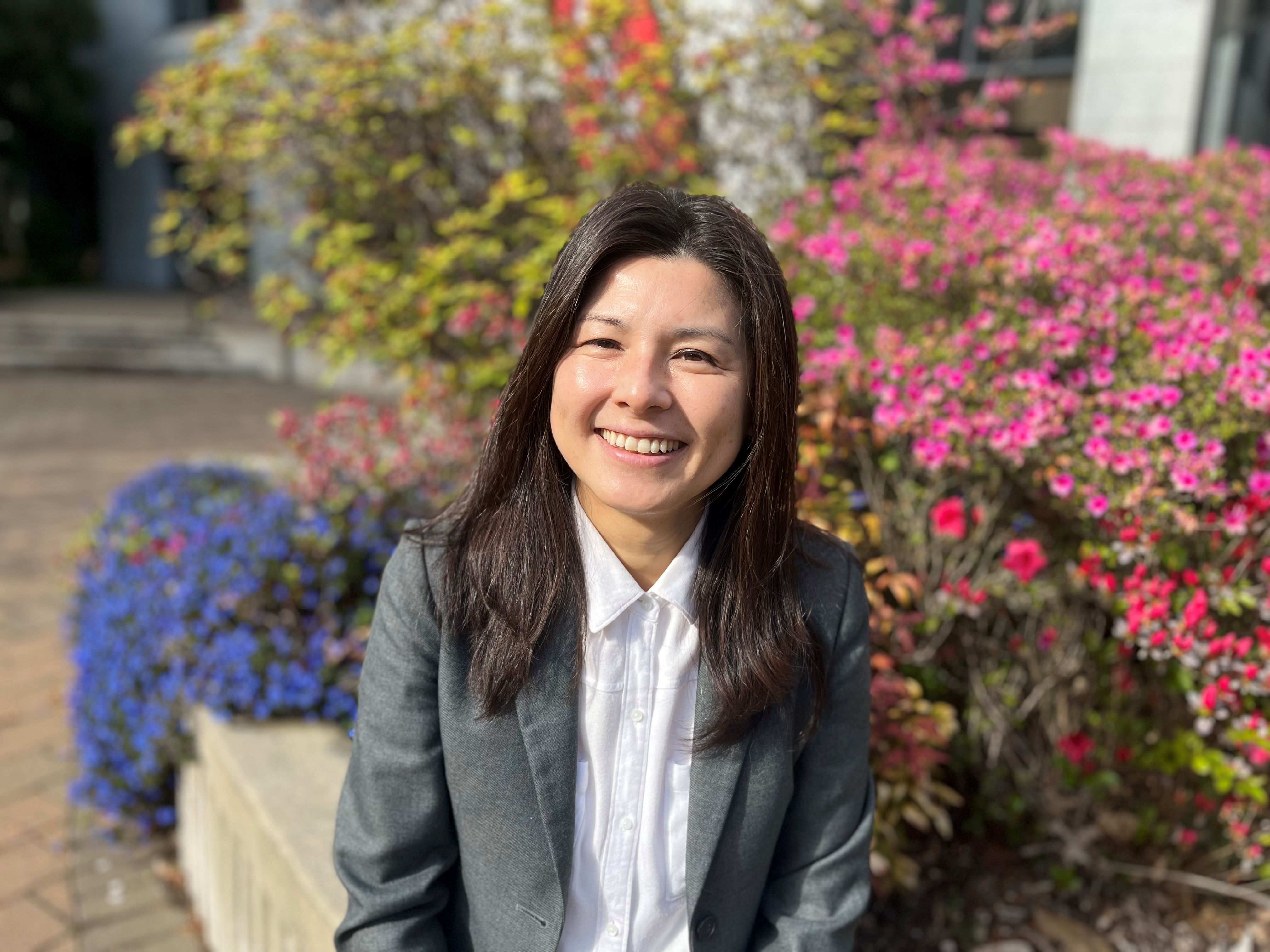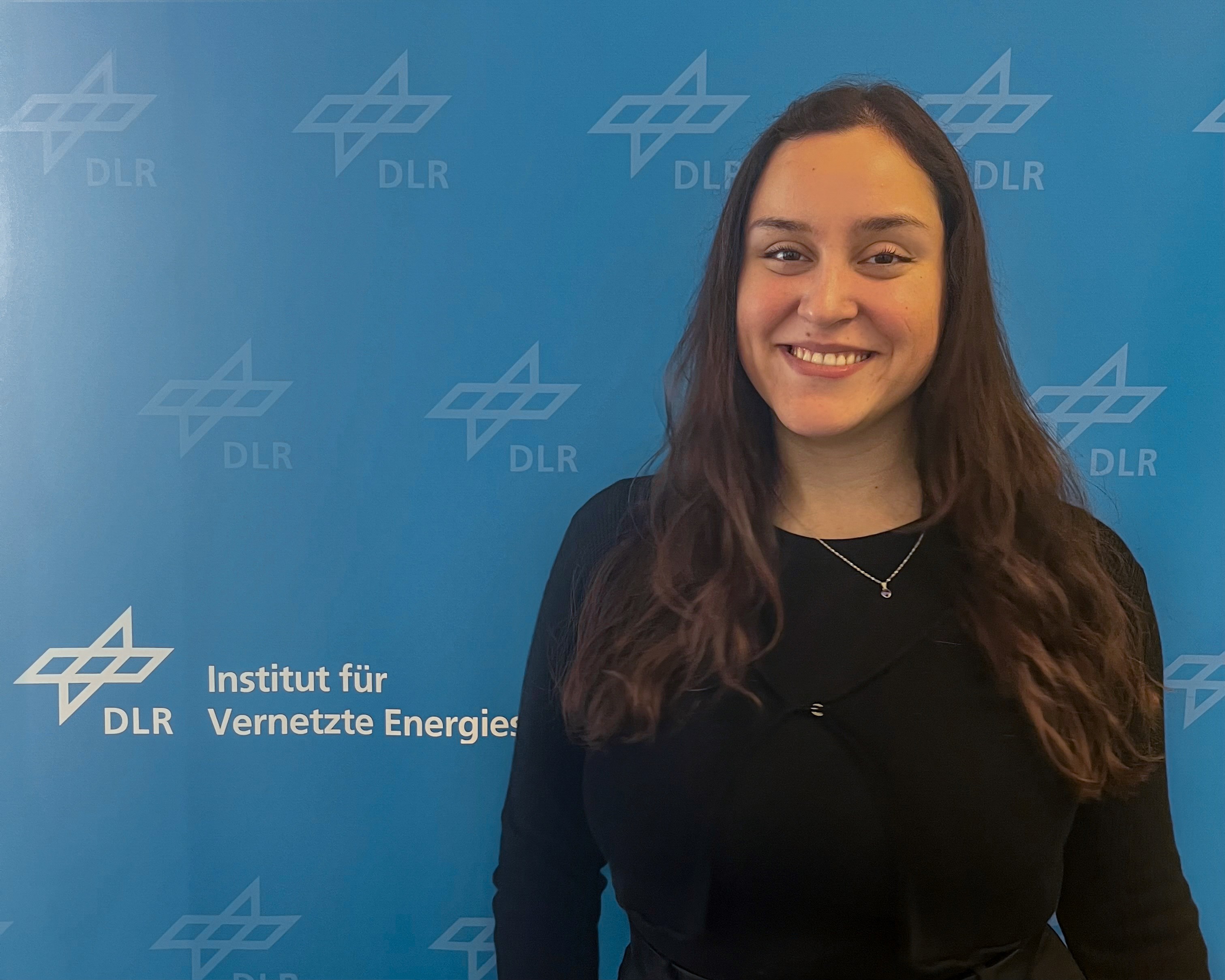University of Canterbury (UC) PhD student Pouyan Jahanbin is using blockchain technologies to develop a tool that will give people real-time information on products at the point of sale.
As part of his doctorate research in Information Systems (IS), Pouyan aims to understand the needs of all participants in the food supply-chain in order to develop an app that allows suppliers, growers, packers and distributors to share product information with consumers.
Pouyan says using blockchain technologies will improve trust and transparency of information and make verifying and sharing it easy.
“With blockchain, data is traceable. The mechanism it uses is very secure, ensuring the data is genuine. Smart contracts are used to verify that the terms of agreement of every transaction are met further ensuring information integrity,” he says.
“We expect this type of real-time information will encourage consumers to make more conscious decisions around the products they buy at the point of purchase.”
Working with AgResearch | Āta Mātai, Mātai Whetū, Pouyan has been gaining an understanding of how participants in the supply chain want to interact with consumers. He is currently exploring consumer requirements, expectations and priorities through a questionnaire and will use this data to inform a prototype to discuss with experts and evaluate for efficiency.
AgResearch Senior Researcher Marlon Martins dos Reis is researching transparency of the food supply-chain. “Blockchain has emerged recently with the promise for a new era on transparency in the food supply-chain. It is a very complex technology and one size does not fit all, so having tools to support the industry in assessing the new technologies will be a very important step.”
Pouyan hopes an app will help streamline the food supply-chain, too.
“When we eliminate intermediaries from the system, we can reduce costs, bringing more profits to others in the supply chain, such as the producer. Barriers between consumers and producers will also be reduced, allowing for a more direct transfer of feedback and for producers to delivery more customised products based on the feedback,” says Pouyan.
Pouyan’s PhD supervisor, Associate Professor Stephen Wingreen of UC’s Business School, sees the value and appeal of an app that can present trusted information to consumers at the point of sale.
“Modern supply chains, although well integrated, suffer from a lack of transparency. Most supply chains are incapable of verifying claims about fair trade, for instance, since there are typically multiple systems involved at various stages of the supply chain,” says Associate Professor Wingreen.
“Pouyan’s research raises the possibility of implementing a tool that would be capable of verifying product information at any stage of the process, transparently in a matter of seconds.”



